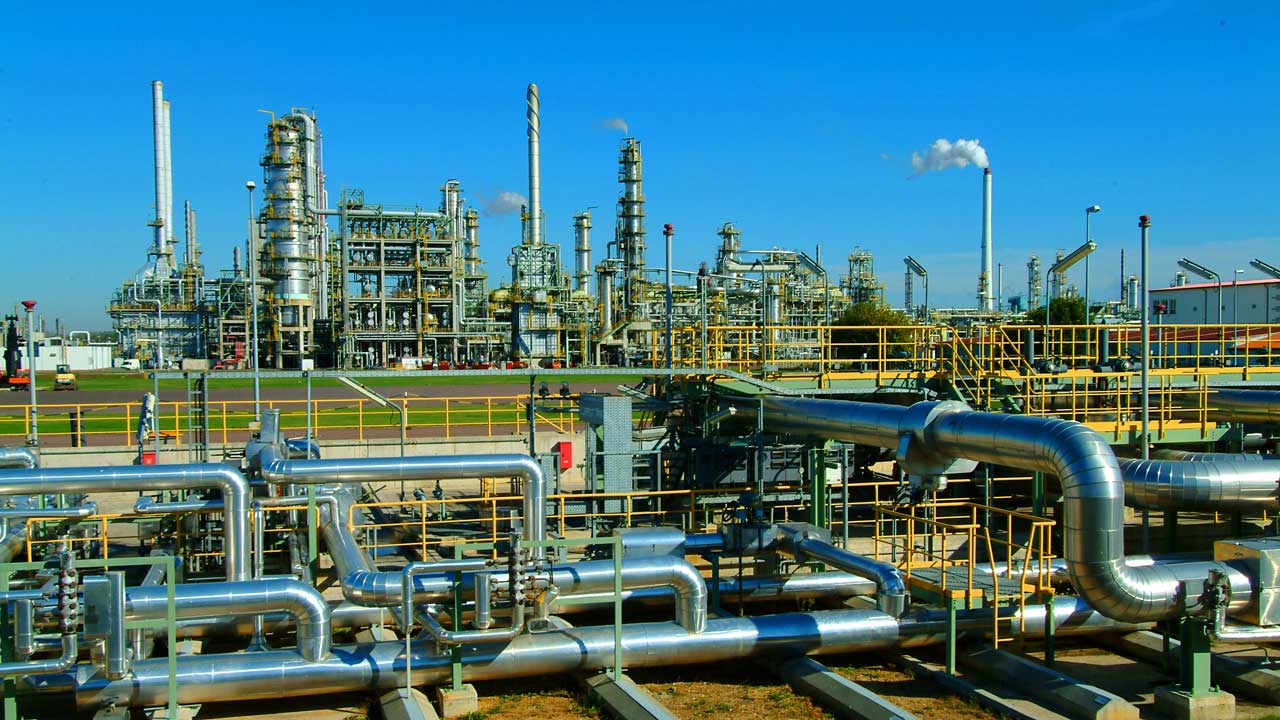The Federal Government of Nigeria has refuted claims of importing dirty fuel into the country, following recent allegations by an official from Dangote Petroleum Refinery. This declaration came after a meeting in Abuja with oil marketers and local crude oil refiners to discuss various issues including fuel pricing, competition, and the importation of refined products.
Speaking through the Nigerian Midstream and Downstream Petroleum Regulatory Authority (NMDPRA), Executive Director Ogbugo Ukoha emphasized that stringent measures were in place to ensure only high-quality petroleum products enter Nigeria. He dismissed accusations of allowing high-sulphur content diesel into the market, stating that the last such imports were in February and had been addressed promptly by the regulator.
Responding to earlier statements by Dangote Petroleum Refinery's Vice President of Oil and Gas, Devakumar Edwin, Ukoha affirmed that the NMDPRA adheres strictly to ECOWAS standards, ensuring sulphur levels in diesel remain below 50 parts per million (ppm), as stipulated by regional treaties. He assured the public that ongoing efforts include enforcing these standards rigorously and collaborating closely with local refiners to meet regulatory requirements.
READ ALSO
SGF George Akume Urges Calm Over Fuel Subsidy Removal
Regarding the ongoing operations of local refineries, Ukoha mentioned that while there are current allowances under ECOWAS treaties until the end of 2024, new refineries are being designed to produce diesel with sulphur levels as low as 10 ppm, indicating future compliance improvements.
In conclusion, Ukoha reiterated the government's commitment to ensuring energy security and a fair market for petroleum products in Nigeria. He emphasized that the regulatory framework under the Petroleum Industry Act (PIA) supports a deregulated market, allowing both local production and importation under strict quality controls.
The meeting with stakeholders, including both marketers and refiners, focused on fostering collaboration for energy stability and fair pricing, with assurances that local production capacities are being supported alongside market demands.




